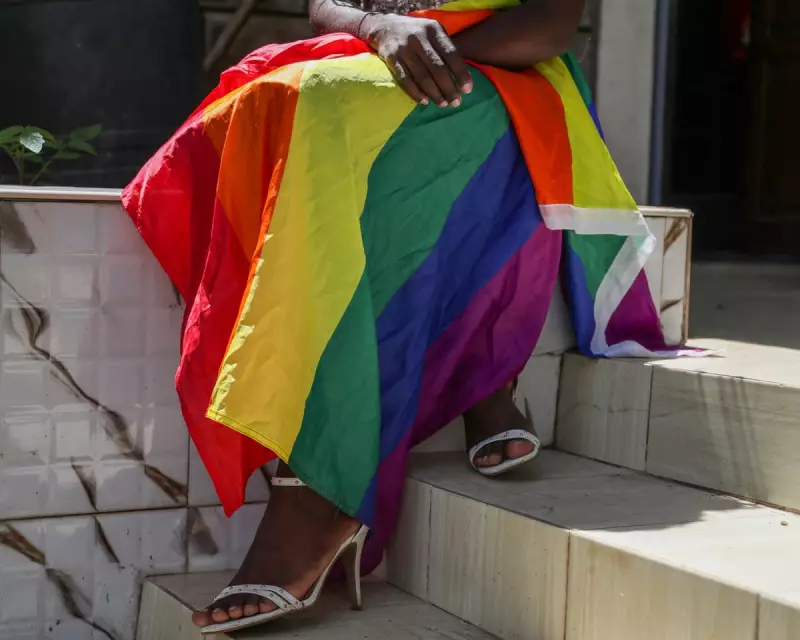
Burkina Faso's military junta has ushered in one of Africa's most repressive anti-LGBTQ+ laws, introducing prison sentences of up to five years for anyone convicted of 'promoting homosexuality'.
The sweeping new legislation, signed into the revised penal code by military leader Capt Ibrahim Traoré, represents a dramatic escalation in the state's persecution of sexual minorities. It effectively criminalises any public expression or support for LGBTQ+ relationships within the West African nation.
A Vague and Dangerous Law
The law's deliberately broad and vague language has sent a wave of fear through the community. The charge of 'promoting homosexuality' could be applied to a wide range of activities, from advocating for LGBTQ+ rights to simply displaying affection in public. This ambiguity grants authorities significant power to target individuals arbitrarily.
This move aligns Burkina Faso with a number of other African states that have recently hardened their stance against LGBTQ+ rights, often citing the preservation of traditional and religious values as justification.
International Condemnation and Local Silence
International human rights groups have reacted with swift condemnation. Organisations like Amnesty International have labelled the law a 'grave violation of fundamental human rights', warning it will fuel discrimination, violence, and force LGBTQ+ people further into the shadows.
Notably, the legislation has faced little to no public debate within Burkina Faso itself. The nation remains under the control of the military regime that seized power in a 2022 coup, stifling free press and dissent. The ongoing security crisis, with large swathes of territory under jihadist control, has also diverted national attention away from the government's legislative agenda.
A Broader African Trend
Burkina Faso's law is part of a disturbing continent-wide trend. From Uganda's draconian anti-homosexuality act to similar legislative pushes in Ghana and Kenya, LGBTQ+ individuals across Africa are facing increasing legal persecution and social stigma.
This latest development signals a further closing of civic space in Burkina Faso and poses a direct threat to the safety and dignity of its LGBTQ+ citizens, who now face the prospect of imprisonment simply for being who they are.





